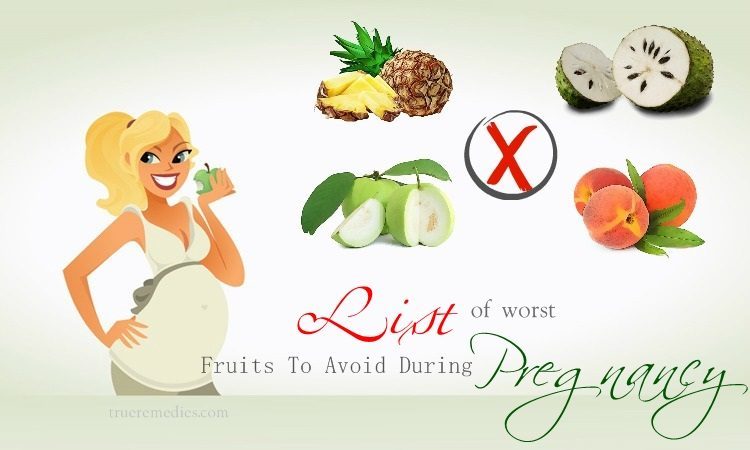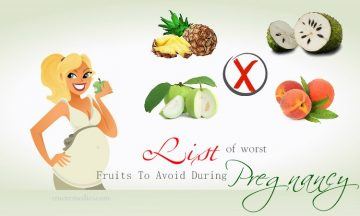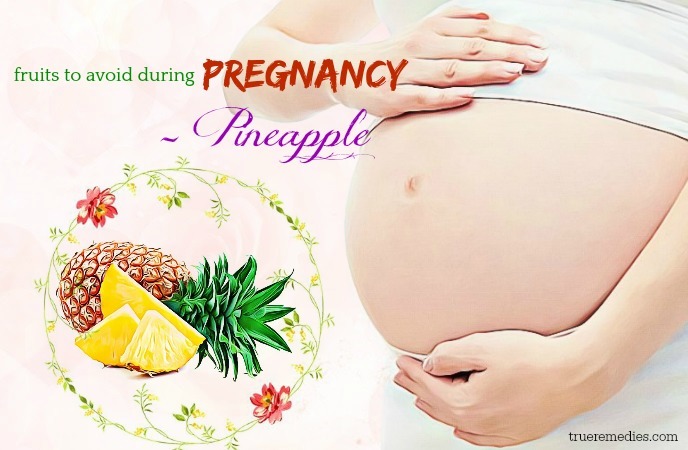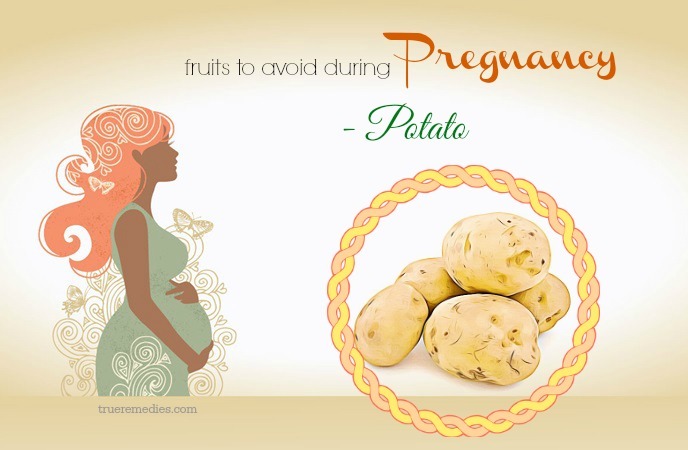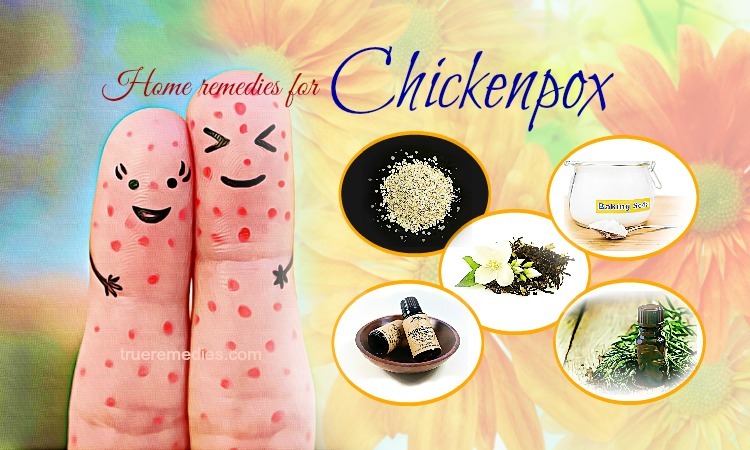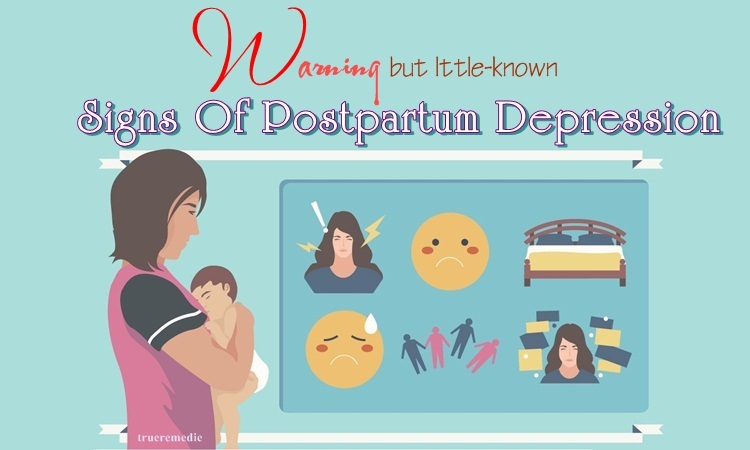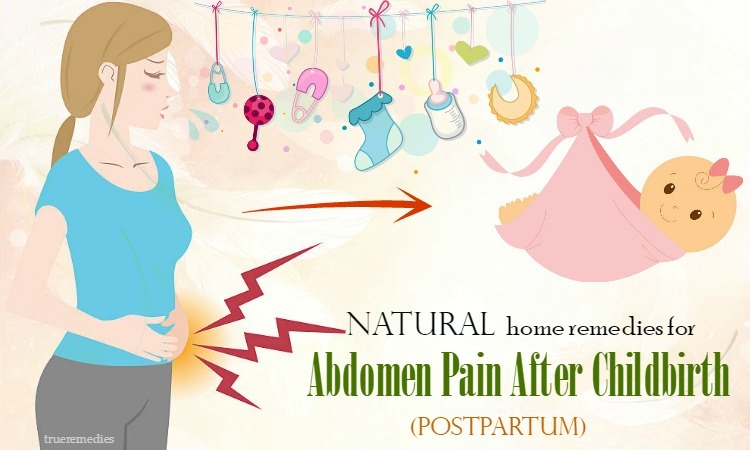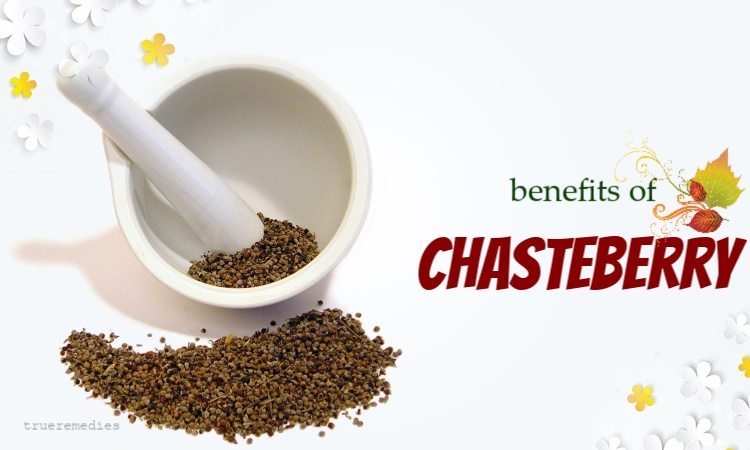updated: 10/24/2019
Contents
Pregnancy is the motherhood of a woman and motherhood is a difficult but happy work. A normal mother always wants to give birth to smart and healthy children. To achieve that expectation, health care during pregnancy is very important. Health care for pregnant women should be paid special attention in the first 3 months and 3 months of pregnancy. However, for many pregnant women, especially pregnant women for the first time, the way to take care of themselves properly is also their question, even setting a proper diet still confuses them. This is very bad, since the diet directly affects their health and the health of their fetus.
There are some fruits that are beneficial for pregnant women and of course, there are also many fruits that will have negative effects on them. This article will give you information about the fruits you should avoid eating during pregnancy. However, first, let’s take a look at basic information about pregnancy, so that you can get a better overview of the problem.
What Is Pregnancy?
Pregnancy is the period from conception to birth. In this process, the egg is fertilized by the sperm and then it develops into the fetus. Pregnancy lasts for 40 weeks, it consists of three stages:
- From 0 to 13 weeks: this is the period of development of the body structure and organs of the fetus. Most miscarriage and birth defects occur during this period.
- From 14 to 26 weeks: During this period, the fetus’ body continues to grow and you can feel the first fetal movements.
- From 27 to 40 weeks: this is the stage of complete development of the fetus.
There are many factors that increase the chance of pregnancy, such as:
- Do not use contraception.
- Have sex but do not use contraception during ovulation.
The following lifestyle and home remedies can make you more likely to become pregnant and have a healthy pregnancy:
TrueRemedies Partner Solutions

Need a Help from the Leading Expert Online, Available 24/7?
They’re all here and ready to answer your questions online or by phone. Keep asking questions until you get the answer you need.
- Quit smoking
- Quit drinking
- Do not take over-the-counter drugs
- Do not drink large amounts of caffeine
- Do not eat artificial sweeteners
- Have a healthy diet
Even before pregnancy, you should also limit your intake of calories, fat, and high sugar snacks. Instead, you should eat plenty of fruits, vegetables and grains. Some people believe that certain foods can increase your chances of pregnancy, but there is no scientific evidence for this.
What Are Common Signs Of Pregnancy?
The usual symptoms of pregnancy are:
- Delayed menstruation
- Breast swelling
- Nausea, with or without vomiting
- Urinating a lot
- Tiredness or dizziness
Other symptoms in the first stage of pregnancy include:
- Always feel sad
- Cramp
- Constipation
- Become a picky eater
- Stuffy nose
Other symptoms during the second stage of pregnancy include:
- Morning sickness
- Backache
- Stomachache
- Cramp
- Constipation and heartburn
- Feeling the first movement of the fetus
Other symptoms during the last stage of pregnancy include:
- Shortness of breath
- Hemorrhoids
- Sometimes cannot control urination
- Varicose
- Having problems sleeping
There may be some symptoms not listed above. If you have any concerns about symptoms, please consult your doctor.
What Should Pregnant Women Supplement?
In the first trimester of pregnancy, pregnant women should supplement high-calorie foods and provide nutrients such as:
- Iron
Many studies have shown that women in the first trimester need to add at least 15 grams of iron a day to increase iron reserves for babies. Iron is found in foods such as beef, heart, kidney, green leafy vegetables and nuts.
- Calcium
Calcium helps build bone structure and teeth for children[1]. If pregnant women are deficient in calcium, their baby will be more likely to develop bone defects. Calcium is abundant in milk, eggs, shrimp, crabs, fish, green vegetables, beans, …
- Folic Acid (Vitamin B9)
This is an essential vitamin for the development of your fetus in the early stages. This vitamin is found in walnuts, salmon, dark green vegetables such as spinach, cauliflower, spinach or nutritious cereals[2] [3].
- Vitamin B11, Folic Acid
Under the guidance of your doctor, you should take more pills containing vitamin B11, (about 0.4 mg / day). Vitamin B11 helps to prevent congenital blood vessel malformations and heart disease for your baby. Folic acid is also important because it is essential for the development of the brain, the nerves of the fetus.
- Vitamin D
Along with calcium, vitamin D is also an indispensable ingredient for bone and teeth formation of your baby. This vitamin is abundant in milk and eggs.
After the end of the first trimester, the health of the pregnant woman began to stabilize, most of the symptoms of morning sickness were resolved or lost and pregnant women can maintain the same diet as the first trimester.
The last 3 months of pregnancy is the time when the baby grows fastest, they need the most nutritional energy. Therefore, you need to focus on supplementing with energy-rich foods, and protein, fiber, iron and calcium-rich foods.
In addition, during pregnancy, pregnant women should also use 400mcg of folic acid for months before pregnancy and do not use the drug unless instructed by your doctor.
Who Is Capable Of Pregnancy?
Pregnancy is very common, occurring only in women of childbearing age. However, there are some women have conditions that can lead to infertility (not being able to become pregnant) or there are also some women choose not to be pregnant. Talk to your doctor for more information.
When Should You See A Doctor?
If you have any of these symptoms or have any questions about pregnancy that this article may not answer you, please consult your doctor. You can check whether you are pregnant by carrying out a pregnancy test done at the doctor’s office to ensure the accuracy of your pregnancy test results at home (Testing at home with pregnancy test stick). You can also see a doctor for a blood test to diagnose early pregnancy (within 9-12 days after conception). The physical condition of each person is different, so consult your doctor to select the most suitable option[4].
There, you have discovered some information about pregnancy. Being pregnant more than 9 months is a hard but sweet process, all the discomfort and pain will disappear when your little angel is born. In order to be able to get the best for your baby, you should take good care of your health. Having a good knowledge base will help you to reduce your anxiety and stay optimistic. It is time to find out the list of worst fruits to avoid during pregnancy are. Take a look at TrueRemedies.com!
A Detailed List Of 12 Worst Fruits To Avoid During Pregnancy
1. Pineapple
Among the fruits mentioned in the list of fruits to avoid during pregnancy, pineapple is the fruit that you need most attention. Pineapple is one of the delicious and nutritious fruit that many people love. Pineapple has many benefits. It makes the bones stronger. Pineapple contains nearly 70% of manganese that our body needs. This substance plays an important role in the development of bone and connective tissue. However, for pregnant women, this is a bad fruit because it contains bromelain – one of the promoters of uterine contractions, softening the uterus, causing abdominal pain, and may cause abortion. Some pregnant women have diarrhea or allergies after eating pineapple or drink pineapple juice. In particular, pregnant women should not eat or drink unripe pineapple juice because it can cause poisoning.
Maybe you don’t know that pineapple helps with immunity. Pineapple contains vitamin C to strengthen and protect the immune system for pregnant women. In addition, bromelain in pineapple is also effective against common cold symptoms. If you have a cold or sore throat, pregnant women may eat a piece of pineapple.
Pineapple contains high fiber to help mothers prevent constipation during pregnancy. In addition, the amount of bromelain in pineapple has the effect of breaking down protein, helping digestion to occur faster. Therefore, in the last stages of pregnancy, you can eat a few pieces of pineapple to help your childbirth take place more easily.
2. Bitter Melon
This is another type of worst fruits to avoid during pregnancy. Although bitter melon is good for health, it is poor nutrition so it is not good for pregnant women. During pregnancy, eating bitter melon is not good because it contains a protein that affects the reproductive system. Also if using bitter melon, it can cause the condition of decreased blood sugar in pregnancy. Bitter melon has an irritant to the uterus, leading to miscarriage or premature birth. Therefore, pregnant women should limit the use of bitter melon, especially in the first trimester; pregnant mothers should stay away from this food.
According to the study, eating too much bitter melon causes digestive problems such as bloating, abdominal pain, and heartburn. These are the conditions that no pregnant woman wants to encounter. Bitter melon contains high toxic components such as quinine, saponic glycosides and morodicine. When absorbed into the body, these substances can cause symptoms of poisoning such as nausea, blurred vision, rash, and diarrhea. In addition, the bitter gourd contains vicine – a toxic substance that causes headaches, abdominal pain, and even lead to coma for sensitive pregnant women. Eating bitter melon during pregnancy can also cause uterine contractions, which can lead to premature birth.
3. Longan
This is one of the little-known fruits when it comes to list of fruits to avoid during pregnancy. Longan is one of the delicious fruits because of its distinctive aroma and sweet taste. Not only does it provide plenty of water and fiber for the human body, longan also contains many vitamins and minerals, such as vitamins A, C, potassium, iron, phosphorus.
However, this is also a fruit that pregnant women should not eat during pregnancy. This is because pregnant women often have constipation, and eating more longan increases the body’s internal temperature, so the constipation phenomenon also becomes worse. This affects the fetus greatly. More seriously, if pregnant women eat longan in the first 3 months and the last 3 months of pregnancy, it is very easy to lead to risk of miscarriage or premature birth. Therefore, pregnant women should pay more attention to this issue. For pregnant women who have diabetes or blood pressure, eating longan can make the symptoms worse.
4. Litchi Fruit
The litchi fruit is a delicious fruit that many people like. It contains many nutrients such as protein, minerals (such as potassium, calcium, zinc, iron, and magnesium), fat, hydrocarbon and many vitamins A, C, B, and vitamin E.
Unlike longan, litchi fruit does not increase the temperature inside the body. However, the problem here is that the sugar content of this fruit is too high. This will affect the amount of cholesterol in the body, causing overweight or causing negative effects on pregnant women with diabetes. If it is your favorite fruit, you can eat a little. This fruit contains glucose, so eating it too much will cause an imbalance in blood glucose level. The sudden increase in blood sugar causes hypertension, which affects people with cardiovascular or diabetes disease.
5. Guava
This sounds strange when it comes to worst fruits to avoid during pregnancy, but this is true. Guava is a very popular fruit in the tropics and subtropics. This fruit contains high nutritional and water content so it is an ideal dessert. This fruit has the benefit of treating diabetes and high blood pressure. However, for pregnant women, eating this fruit should be limited. In addition to the potential for increased body temperature, guava can also cause constipation.
6. Plums
Plum is the next fruit that we want to mention in this list of fruits to avoid during pregnancy. Plums are fruits that contain lots of vitamin A, so if after eating plum, pregnant women will be given a large amount of carotene which is useful for their eyes. However, like litchi fruit and longan, plum can increase the temperature inside the body. Therefore, if you are pregnant, the restriction of eating plum is necessary[5].
7. Peach
It is safe for pregnant women to eat peaches in moderation. The only concern is to not eat too many at once to avoid blood sugar from spiking.
8. Green Papaya
Researchers have conducted experiments in mice in India. They let pregnant mice eat a variety of fruits and the results showed that green papaya causes miscarriage. When testing the substance (papain, PLE) found in green papaya in the rat uterus, at different estrous and fertile cycles, the results show that the effect of PLE causes uterine contractions and it occurs most strongly in later stages of pregnancy.
Green papaya will have resin (pus) which is not good for pregnant women. In addition, papain also acts like prostaglandin hormones and oxytocin causes uterine contractions. It can also cause swelling and bleeding of the placenta – dangerous complications of pregnancy that can lead to premature birth. Green papaya acts in a clone way with the effects of prostaglandin and oxytocin, which the body needs to kick off the moment of birth. In India, Pakistan, Sri Lanka, people have used papaya as a traditional way of contraception. Animal studies have shown that papaya is capable of contraception and abortion. There are many recommendations that if you are pregnant or are preparing to become pregnant, it is best not to eat papaya, especially green papaya[6] [7].
In addition, pregnant women should not eat papaya seeds, because the seeds of green papaya contain Carpine poison. With a large amount of Carpine will disturb the pulse, weakening the nervous system.
9. Graviola
Graviola is big and has soft spines. The fruit is sweet and slightly sour, the seeds are dark brown. Graviola is a small tree found in rainforests in Africa, South America, and Southeast Asia. Its scientific name is AnnonaMuricata. The active ingredient, believed to be a vegetable compound, is called annonaceous acetogenins.
According to tests conducted on animals, Graviola dilates blood vessels and lowers blood pressure. Therefore, people with high blood pressure should consult a doctor before using Graviola.
Eating too much Graviola can lead to nausea and vomiting. Pregnant women (especially high blood pressure) should limit this fruit. Frequent ingestion of Graviola may be the cause of fungal and yeast infections in the body. If you eat Graviola in large amounts will cause the cardiovascular system reducing. Especially pregnant women, if pregnant women have the disease should absolutely not use this fruit as well as Graviola products such as tea, medicines, Graviola supplements…
10. Ginger And Chili
Ginger and chili can increase the body’s internal temperature, so if you eat ginger or chilli, pregnant women are more likely to experience constipation. Gingerol active in ginger causes thinning of blood vessels and can contribute to blood clotting. Ginger or chilli is not good for pregnant women. Women during pregnancy can use ginger to add to their diet, but should not use it for more than 4 days in a row.
11. Potato
This is one of the little-known fruits in this list of fruits to avoid during pregnancy. Potatoes are considered to be a very nutritious food. It is rich in protein and 18 kinds of essential amino acids. Protein binders in potato proteins also help prevent cardiovascular disease. Vitamin B content in potatoes is also quite high. However, according to experts, pregnant should eat fewer potatoes. It is best to avoid this fruit. Potatoes contain a toxin called solanine (also known as the alkaline substance). This alkaline substance will accumulate in the body and cause deformation. Pregnant women who eat 44.2 g – 252 g of potatoes a day can cause deformity of the fetus. In addition, the structure of solanine in potatoes is quite similar to the steroid hormone, hormone estrogen, and progesterone in the body. If pregnant women regularly eat potatoes, their body will absorb large amounts of alkaloid, which can cause abnormalities in the fetus.
Some experts warn that if pregnant women are sensitive to alkaloid, even if they only eat 44-250g of potatoes per day and continuously for several days, abnormalities in the fetus can occur. Remember that alkaloid in potatoes does not decrease through conventional cooking steps such as steaming or boiling. Pregnant women should not eat potato chips. In potato chips are high in fat and salt, easily cause obesity and high blood pressure for both mother and fetus.
Do not fry tomatoes (especially green tomatoes) with potatoes. The reason is that they will form indigestion clots that are harmful to the stomach.
12. Grape
The last fruit we want to mention in this list of fruits to avoid during pregnancy is grape. Whether or not pregnant women should eat grapes is still controversial. Many people think that pregnant women should eat grapes during pregnancy as it is a nutritious fruit. It provides a large amount of organic acids, antioxidants, and minerals. However, many people think that this fruit may still have more pesticides in the process of cultivation. As grapes are susceptible to be attacked by insects, farms often use large amounts of insecticides to protect the fruit.
Red grapes also contain an antioxidant, resveratrol, which is concentrated in its shell. This can have a negative impact on pregnant women who are experiencing hormonal imbalances. This can cause some complications in pregnancy. Therefore, if you eat grapes, you should thoroughly wash and peel their shell off.
In the following cases, pregnant women should not eat grapes:
- The body is allergic to grapes
- Having digesting problems
- Having diabetes or gestational diabetes
We just give you information about the fruits you should not eat while you are pregnant. To ensure your health as well as fetal development, you should follow the instructions above. If you have any contributing ideas about our article of “List of 12 worst fruits to avoid during pregnancy” introduced in Pregnancy Category, do not hesitate to drop your words below this post. We will answer as soon as we could.

